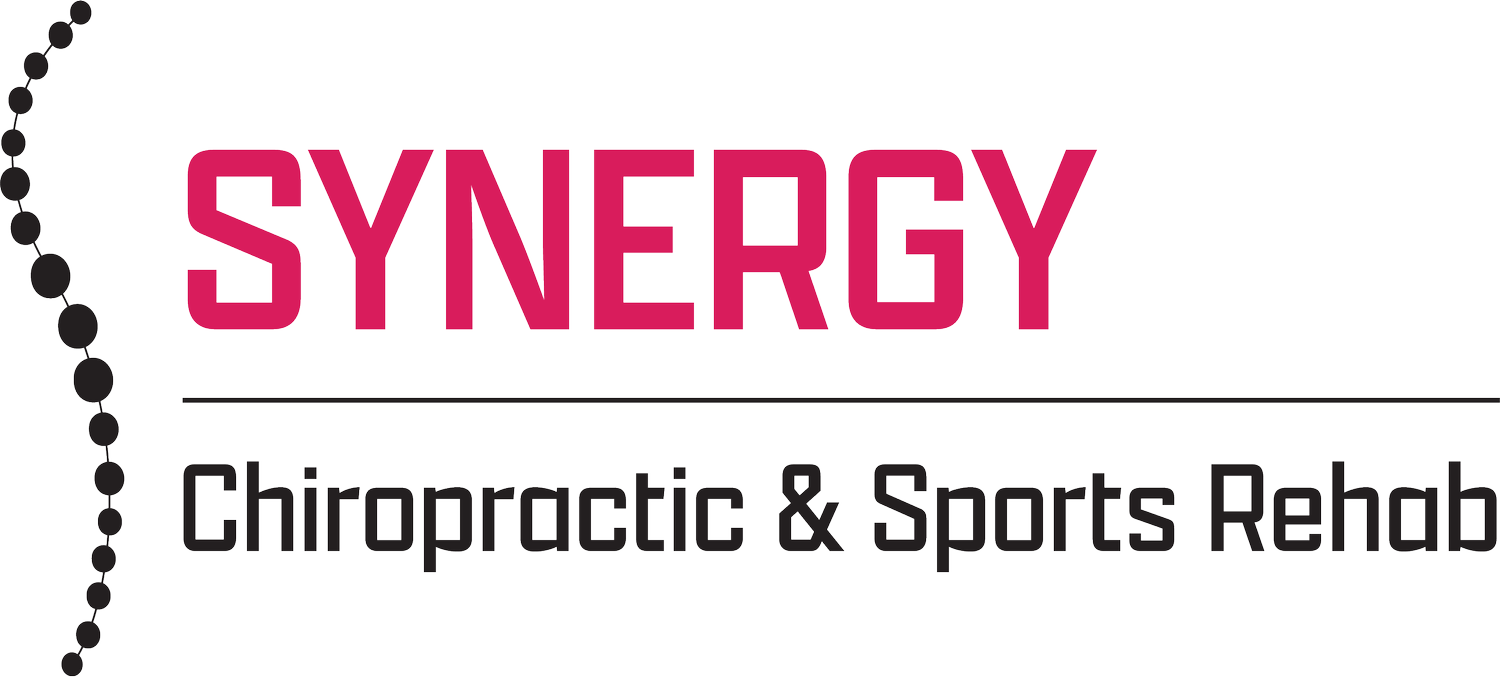What Women Need to Know about Menopause: Insights from “The Genius Life” Podcast
Aging is a natural part of life, but for many women, the transition into perimenopause and menopause can feel overwhelming. At Synergy Chiropractic & Sports Rehab, we understand that these changes can impact your strength, mobility, and overall well-being. In Episode 468 of The Genius Life podcast, Max Lugavere sits down with Dr. Mary Claire Haver, a board-certified OB/GYN and menopause specialist, to discuss the changes women experience as they age and the steps they can take to maintain optimal health.
Understanding Menopause and Perimenopause
Perimenopause, the transition leading up to menopause, can begin as early as a woman’s late 30s or early 40s. During this time, hormonal fluctuations can lead to various symptoms, including:
Irregular periods
Hot flashes and night sweats
Sleep disturbances
Mood changes and brain fog
Changes in metabolism and weight gain
Dr. Haver explains that menopause officially begins one year after a woman’s last menstrual period, marking the end of reproductive years. However, the physical and emotional changes don’t stop there. Many women struggle with bone density loss, cardiovascular risks, and cognitive decline if they don’t take proactive steps in their health routines (The Genius Life, Episode 468).
At Synergy Chiropractic & Sports Rehab, we see firsthand how these changes affect movement, strength, and quality of life. Many of the women who come to us are dealing with chronic pain from years-old injuries, lingering issues from pregnancy and childbirth, or simply feeling like their body isn’t keeping up with their lifestyle anymore. Whether it’s low back pain, pelvic floor dysfunction, joint stiffness, or postural changes, we help women address the root cause of their discomfort so that pain doesn’t prevent them from staying active and strong through menopause.
How Lifestyle Plays a Role
Rather than accepting decline as an inevitable part of aging, Dr. Haver emphasizes the importance of lifestyle interventions to help women feel strong and vibrant throughout menopause. At Synergy, we take a movement-based approach to help women build resilience and regain confidence in their bodies. Some of the key strategies discussed in the podcast—and that we apply with our clients—include:
1. Nutrition: Fueling Your Body for Longevity
Hormonal shifts in menopause often lead to increased insulin resistance, inflammation, and changes in body composition. Dr. Haver recommends focusing on whole, nutrient-dense foods to support metabolism and overall well-being.
Prioritize protein to maintain muscle mass.
Incorporate fiber-rich foods to support gut health.
Reduce ultra-processed foods to lower inflammation.
Stay hydrated to support skin health and digestion.
At Synergy, we reinforce these principles by ensuring that our movement-based treatments support a healthy metabolism and help our clients sustain an active, pain-free lifestyle.
2. Strength Training: The Key to Aging Well
Women often experience muscle loss and bone density decline during menopause, making strength training a non-negotiable part of a healthy routine. Resistance training helps:
Preserve lean muscle mass
Improve bone strength, reducing the risk of osteoporosis
Boost metabolism for better weight management
At Synergy Chiropractic & Sports Rehab, we see many women who have avoided strength training due to chronic pain or fear of injury. Our goal is to help women train safely, rebuild strength, and restore function so they can keep doing the activities they love without fear of pain holding them back.
3. Movement & Recovery: Supporting Hormonal Balance
Hormonal fluctuations can severely impact how the body recovers from exercise, handles stress, and regulates energy levels. To support long-term movement and vitality, we emphasize:
Mobility drills and joint care to maintain pain-free movement
Recovery techniques like breathwork and gentle stretching
A personalized movement plan to help women feel strong, balanced, and capable
Many of our clients at Synergy come to us after years of ignoring nagging pain, often from an old injury or something that started after pregnancy but was never properly addressed. We work with these women to retrain movement patterns, strengthen key areas, and restore confidence in their body’s ability to move well.
Hormone Therapy: What You Should Know
There has been much debate over hormone replacement therapy (HRT) for menopause, with past studies causing confusion and fear among women. However, Dr. Haver explains that modern research supports the safety and benefits of HRT for many women, especially when used within the first 10 years of menopause.
Benefits include:
Reduced hot flashes and night sweats
Improved bone density
Lower risk of heart disease
Better cognitive function and mood regulation
While we at Synergy Chiropractic & Sports Rehab do not provide medical treatment, we work alongside our clients and their healthcare providers to create movement-based strategies that complement their overall health plan (The Genius Life, Episode 468).
Take Charge of Your Health with Synergy
Menopause may be inevitable, but how you navigate it is within your control. By focusing on movement, strength, and proactive health strategies, women can age stronger and healthier without feeling like they’re at the mercy of their hormones.
At Synergy Chiropractic & Sports Rehab, we help women over 30 build strength, relieve pain, and regain confidence in their movement. If you're struggling with mobility, stiffness, or lingering pain from an old injury, we can help you create a plan tailored to your body’s unique needs.
Dr. Mary Claire Haver’s insights in The Genius Life podcast emphasize that menopause is not the end—it’s a new beginning. With the right knowledge, movement, and support, you can continue to thrive at every stage of life.
Ready to take control of your health? Contact Synergy Chiropractic & Sports Rehab today to start moving and feeling your best!
For more in-depth discussion, you can listen to Episode 468 of The Genius Life with Max Lugavere featuring Dr. Mary Claire Haver.
